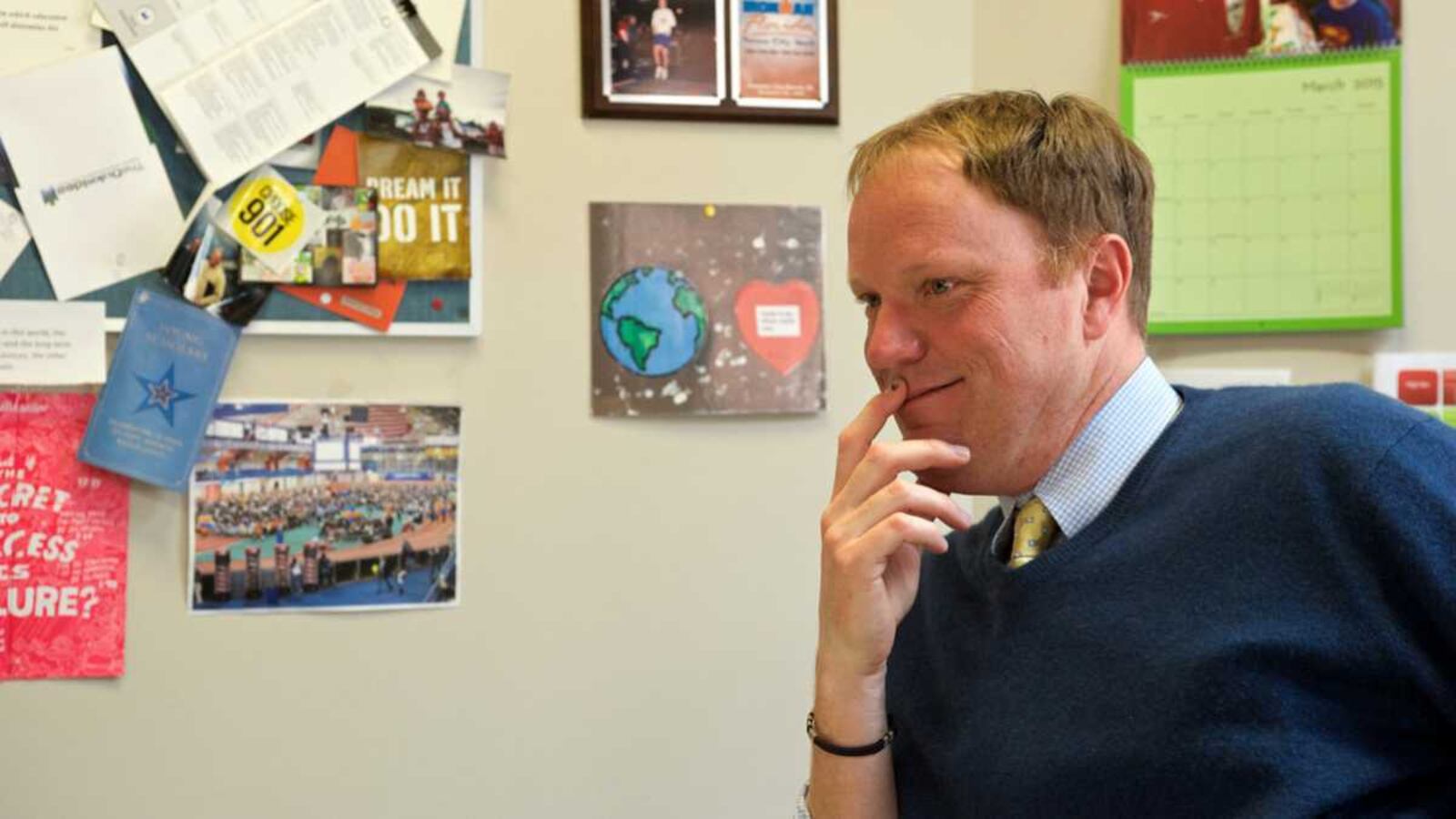This article was originally published in The Notebook. In August 2020, The Notebook became Chalkbeat Philadelphia.
Cautious optimism flutters in the hearts of Pennsylvania educators, but less so among the state’s charter schools.
Gov. Wolf’s first budget proposal showed an intention to invest substantially in public education.
Over four years, Wolf would like to boost the state’s share of preK-12 education spending by $2 billion through a comprehensive set of tax increases, tied to a plan to offer relief from the local tax primarily used to fund education, the real estate levy. In Philadelphia, the tax relief funds would go to cut the wage tax.
Traditional public school districts and charters alike have much to gain if the Democrat can successfully navigate his vision through the Capitol’s Republican-held legislative chambers.
Despite their support for the improved funding, charter school leaders have been scratching their heads at some of the fine print.
Under the Wolf plan, beginning with the 2014-15 school year, charters would face annual audits and be forced to return any funds beyond their yearly expenditures to the home school district — depriving the charter of its ability to have an emergency fund.
Scott Gordon, CEO of the Mastery Charter system in Philadelphia, gives Wolf "a tremendous amount of credit for taking a courageous stand and stepping out of the box" with his overall funding initiative. But Gordon says eliminating charter fund balances is "problematic, because that creates an incentive for poor financial planning."
"Charter schools and all public schools need to plan for the future and future unexpected costs," said Gordon. "At Mastery, we have been planning for the cuts that have occurred now and have had reserves that were meant to tide us through difficult times where our budgets have been slashed."
Gordon, who oversees 13 charters in Philadelphia, does support the push to ensure that the entire sector undergoes yearly audits "to ensure that public dollars are being spent appropriately."
Some recent history led the Wolf administration to the idea of the annual charter audits and refunds. While many school districts, Philadelphia chief among them, limped from austerity budget to austerity budget, slashing classroom resources along the way, charter and cyber charter schools ended last school year with $156 million in unassigned fund balances.
"If they do not spend all of the tuition money they received, which is meant for students, they would have to return it," said Wolf spokesman Jeffrey Sheridan. "This is fair to both students and taxpayers."
Wolf’s plan would allow charters to retain their existing reserves, but once depleted, the concept of a charter school hanging on to some contingency cash would be forbidden.
"It’s to ensure that the investments being made to educate those students is going directly into the education of students, and not being set aside or put into unrestricted fund balances wholesale," said Pedro Rivera, the acting secretary of the Pennsylvania Department of Education.
Special-ed inequities
The Philadelphia School District, overseer and funder of by far the most charter schools in the state, lauded Wolf’s proposal.


